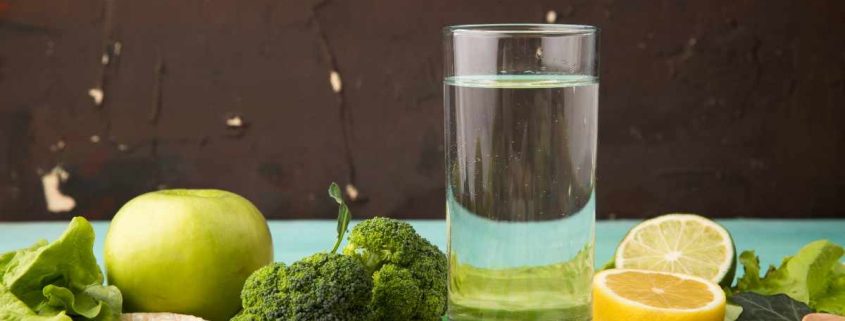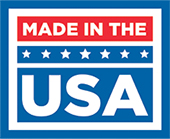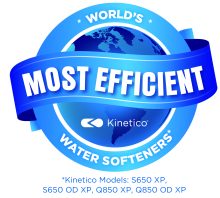The Link Between Water Quality and Food Sustainability
Food sustainability is typically linked to farming techniques, reducing food waste, and the ethical sourcing of ingredients. However, water quality also plays a vital role in maintaining a sustainable food system. It’s important to have clean water for growing crops, raising livestock, and ensuring safe food processing.
Poor water quality negatively impacts food production, leading to lower yields, health risks, and environmental damage. Let’s understand the connection between water quality and food sustainability.
Agriculture
Agriculture is dependent on water and the quality of water determines the health of the soil, crops and livestock. When farmers use contaminated water to irrigate fields, it often introduces harmful chemicals or heavy metals into the soil and crops. This not only affects the growth of the crops but also increases the chances of foodborne diseases when these products reach consumers.
Livestock also require clean water to stay healthy. When animals drink polluted water, they develop health problems that affect the quality of meat, milk, and eggs. Ensuring that farms have access to filtered water can help maintain food safety and sustainability.
Food Processing
Other than in farming, clean water also plays an important role in food processing, packaging and hygiene. Factories that produce dairy, frozen foods, beverages, and packaged goods require good-quality water for processes like washing, sanitizing and cooking. If water contains impurities, it can affect the taste as well as the safety of the final products.
For instance, the beverage industry depends heavily on clean water to maintain flavors and consistency. Even a small amount of contamination can drastically change the quality of juices, sodas and bottled water. Similarly, dairy and meat processing facilities need to use clean, filtered water to prevent bacterial growth. Without filtration, the risk of contamination increases considerably and can even lead to product recalls and health hazards.
Water Pollution
One of the biggest threats to food sustainability is water pollution. Agricultural runoff, industrial waste, and plastic pollution have increased so much that it is becoming more and more difficult to access clean water. Many times, untreated wastewater from industries and urban areas also contaminate the water sources, making it unsuitable for irrigation and food processing.
Pesticides, fertilizers, and heavy metals also find their way into rivers and lakes, affecting the water that farmers and food producers use for food production. Adding to this growing concern, microplastics have also been found in common salt, seafood, and even drinking water. These tiny plastic particles can enter the food chain and impact human health.
Solutions for a Sustainable Future
To improve food sustainability, we must focus on better water filtration and management. Investing in cutting-edge water filtration systems can help eliminate harmful contaminants, ensuring that both farms and food production facilities have access to quality water.
Reach out to Rabb Water today for advanced water filtration in Lafayette that can elevate your water quality. Our expert team will provide the best filtration solutions based on your specific needs. Visit our website to learn more about our water treatment systems for homes and commercial usage.











